Table of Contents
17th October 2023 Current Affair: These current affairs updates for October 17, 2023, provide valuable information to aid your preparation for UPSC Current Affairs 2023 and State PSC exams. The news headlines covered in the current affairs for October 17, 2023, include Environmental Impact Assessment Framework, Understanding Khula, Muslim Women’s Right to Divorce, Election Commission’s Options in the Delhi Excise Policy Case, India-Sri Lanka Ferry Service Resumes.
17th October 2023 Current Affairs for UPSC
1) India-Sri Lanka Ferry Service Resumes After 4 Decades
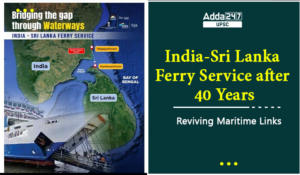
- The revival of the India-Sri Lanka ferry service after 40 years signifies a major milestone in diplomatic, cultural, and economic relations between the two nations.
- The historical sea route, dating back to the early 1900s, was disrupted in 1982 due to the Sri Lankan civil war, leading to the suspension of ferry services.
- Efforts to reinstate the ferry service gained momentum after the civil war ended in 2009, with the signing of a Memorandum of Understanding (MoU) on passenger sea transport in 2011.
- Despite some unsuccessful attempts, the latest ferry service aims to strengthen bilateral ties, boost tourism, and enhance people-to-people connections while overcoming various challenges.
2) Environmental Impact Assessment Framework for the Indian Himalayan Region
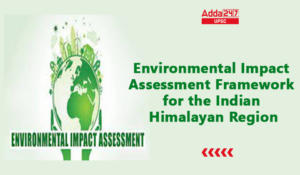
- Recent environmental disasters in Sikkim and Himachal Pradesh highlight the negative impact of our development model on the environment, especially in mountain regions.
- Environmental Impact Assessment (EIA), defined by the UNEP, is a crucial tool to assess the environmental, social, and economic impacts of projects before implementation and to determine appropriate mitigation measures.
- In India, EIA was initiated in 1976–77, initially focused on river valley projects and later extended to all projects requiring approval from the Public Investment Board.
- In 1994, EIA became mandatory under the Environment (Protection) Act 1986, making environmental clearance necessary for specific new projects.
3) Understanding Khula, Muslim Women’s Right to Divorce
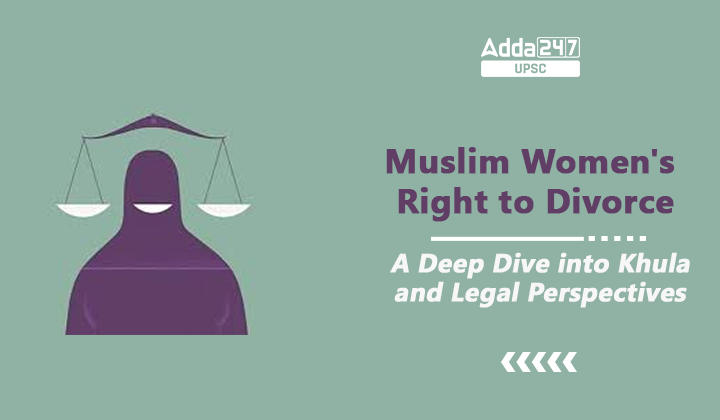
- The rights of Muslim women regarding extrajudicial divorce, particularly through “khula,” have been a subject of legal scrutiny in India, notably following the 2021 Kerala High Court ruling.
- Khula allows Muslim women to unilaterally divorce their husbands, akin to the talaq right granted to Muslim men under Sharia law, rooted in the Holy Qur’an.
- Interpretations of khula vary among scholars, with some, like Justice Kauser Edappagath, asserting a wife’s right to khula without the husband’s consent, while others emphasize spousal agreement.
- The 2021 Kerala High Court ruling affirmed the absolute right of Muslim women to khula, regardless of their husband’s consent, sparking a legal debate on this issue.
4) Election Commission’s Options in the Delhi Excise Policy Case if AAP is Accused
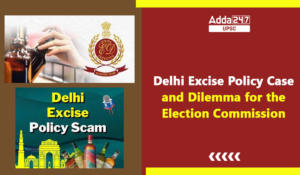
- The Enforcement Directorate’s proposal to name the Aam Aadmi Party (AAP) as an accused in the Delhi excise policy case has created a complex situation involving a political party facing allegations of illegality.
- The case combines legal and electoral dimensions, presenting a challenge to the Election Commission (EC) in dealing with such situations.
- The EC’s options for punitive actions are limited, and former officers of the poll panel have highlighted the constraints and limitations it faces.
- Exploring the authority to suspend or withdraw a party’s recognition, as per the Election Symbols (Reservation and Allotment) Order, adds to the complexity of the case.
5) International Poverty Eradication Day, Theme and History

- International Day for the Eradication of Poverty is observed on October 17 each year to raise awareness about the global issue of poverty and its violation of human rights and dignity.
- In 2023, this day’s theme is “Decent Work and Social Protection: Putting dignity in practice for all,” highlighting the need for universal access to fair employment and social security.
- The theme underscores the importance of providing decent wages and safe working conditions, recognizing the value of all workers, and ensuring income security, especially for vulnerable members of society.
- The goal is to bring governments, the public, communities, and organizations together to combat and eliminate poverty while promoting human dignity and fundamental human rights.

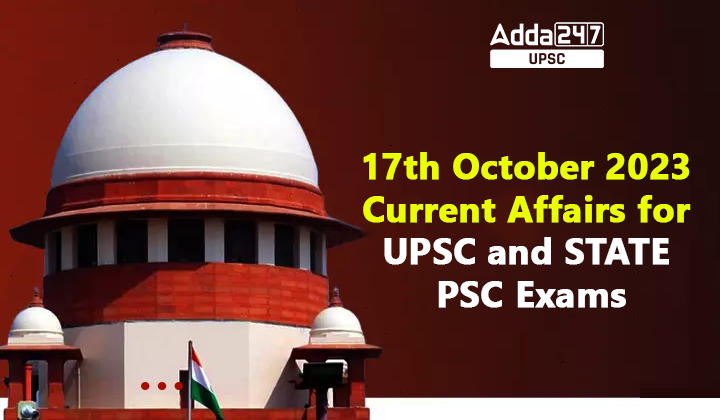

 TSPSC Group 1 Question Paper 2024, Downl...
TSPSC Group 1 Question Paper 2024, Downl...
 TSPSC Group 1 Answer key 2024 Out, Downl...
TSPSC Group 1 Answer key 2024 Out, Downl...
 UPSC Prelims 2024 Question Paper, Downlo...
UPSC Prelims 2024 Question Paper, Downlo...




